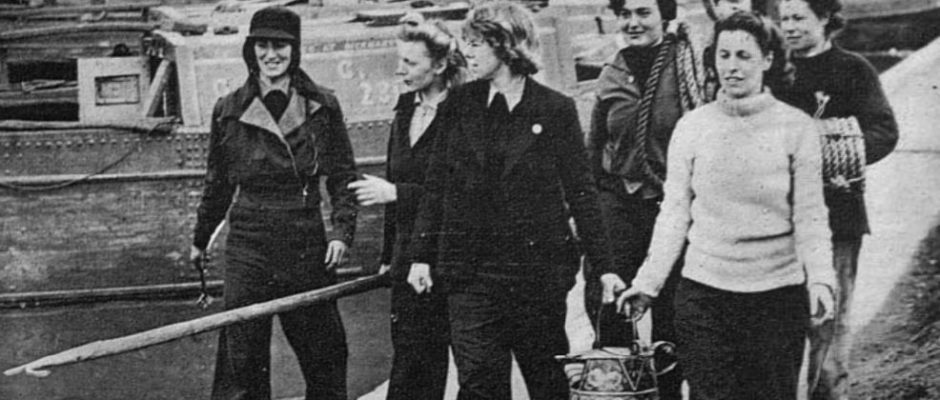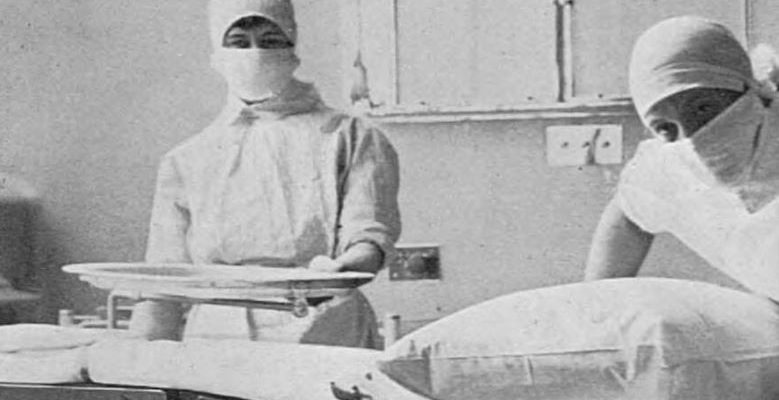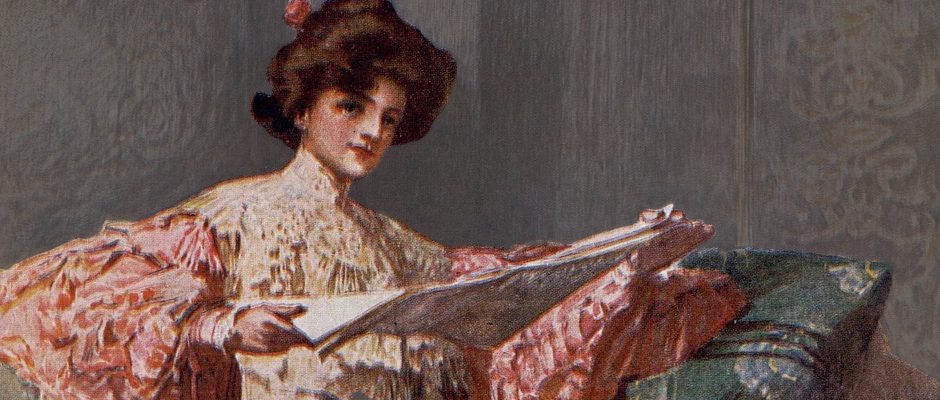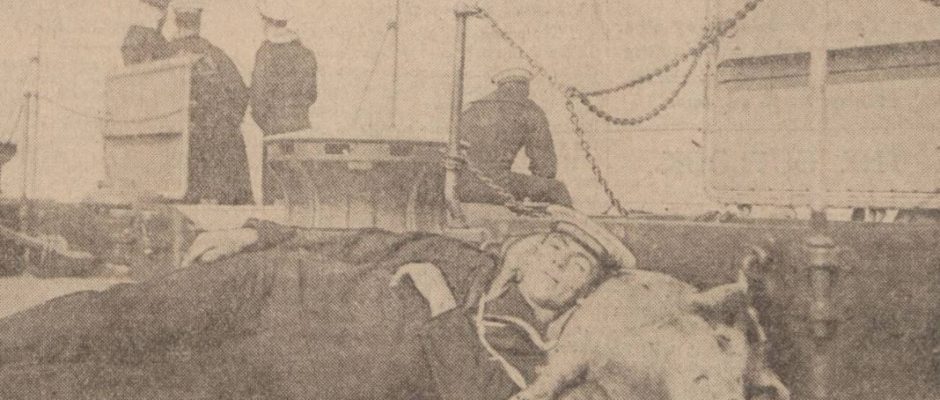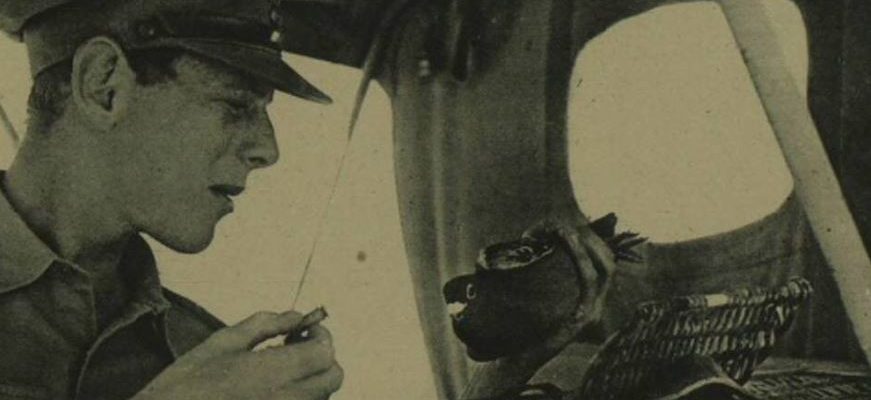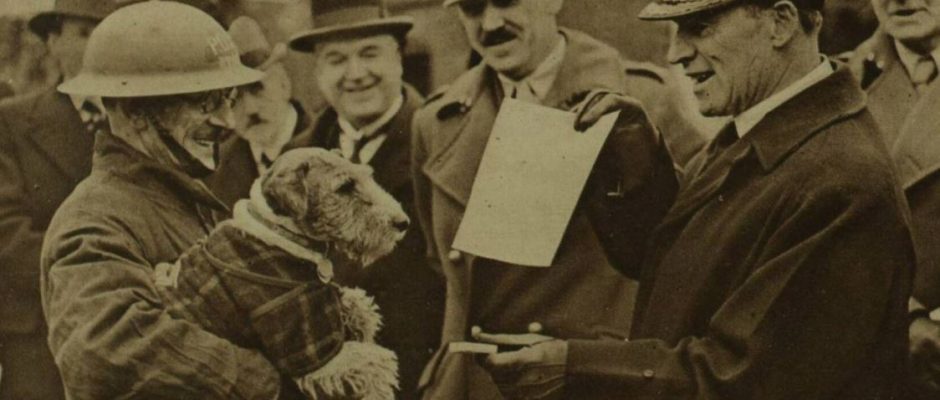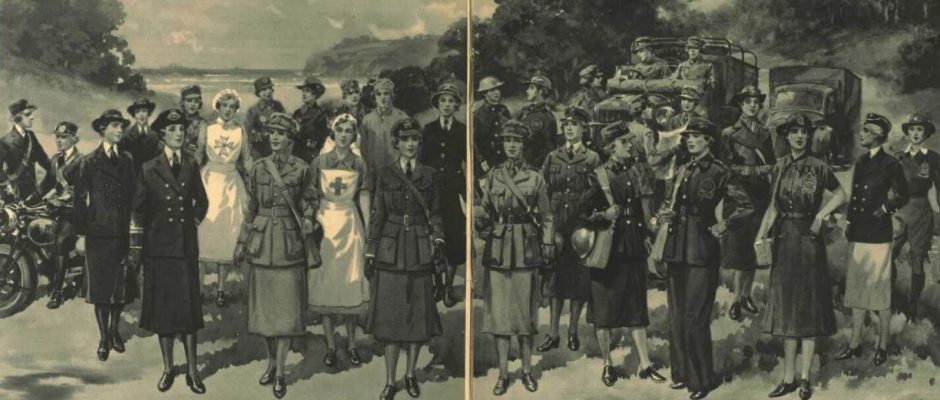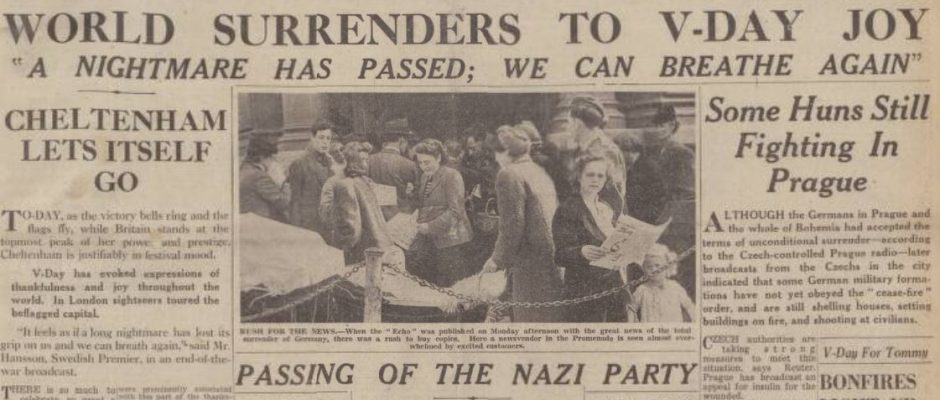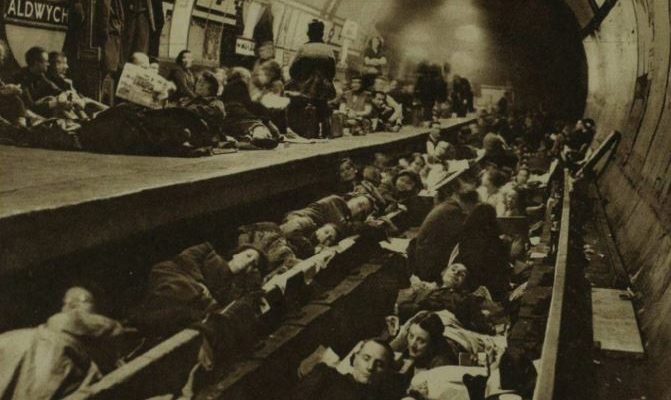Nicknamed the ‘Idle Women,’ although they were about as far from idle as anybody could possibly be, the women canal workers of the Second World War performed vital war work which is all but forgotten today, some seventy years later. Some of the ‘Idle women’ arriving at a canal dock | The Sphere | 15 April 1944 The curious name of ‘Idle Women’ came from the badges that these pioneering women wore, with the initials ‘IW,’ which stood for ‘Inland Waterways’. …
Military History
‘Plastic surgery, born in one war and perfected in another,’ had been practiced before the First World War, but it took this global conflict, and a second one, to develop plastic surgery as we know it today. The Sphere | 20 May 1933 In this special blog, using newspapers taken from The Archive, we will trace the development of plastic surgery, from the work of Harold Gillies in the First World War, to its move into the cosmetic mainstream in the …
Tags
This week at The Archive we continue to add brand new pages and titles, with a trio of brand new publications joining us this week, and a total of 136,062 new pages added. Our brand new titles this week cover sporting interests, as well as local news from Lancashire and North Wales. Watch out for our extensive updates to our existing titles. We’ve updated 24 of our existing titles, spanning the British Isles and Ireland. From Whitstable to Wakefield, from Worthing to Wexford, from Motherwell …
Tags
In this our latest animal-themed blog, we take a look at the extraordinary story of Tirpitz the pig. A shipwreck survivor, and charity fundraiser, we look through our newspapers to tell her remarkable and unlikely story. Register now and explore The Archive Tirpitz and friend | Daily Record | 24 March 1916 The tale of Tirpitz begins on board the SMS Dresden, a light cruiser of the German Imperial Fleet. Pigs were often kept on board battleships to supply fresh meat, but …
Tags
We have been extremely busy over the past seven days here at The Archive adding an exciting array of brand new titles and pages to our collection. We have a bumper crop of new titles (twelve in all!), as well as updates to fourteen of our existing titles, covering England, Wales, Ireland and Northern Ireland. We are delighted to have added 141,258 new pages in all. Read on to find out more about our fabulous array of new regional, national and specialist titles. Register now …
Tags
Every Army, Air Force, Navy and Secret Service in the world has its feathered battalions, and when the story of the war is written finally it will be found that many a battle has been won, many a ship preserved and many a life saved through the help of the feathered soldiers. These were the words of Victor Newton as he wrote for the Aberdeen Press and Journal in 1943, describing ‘how pigeons play their part in war.’ And so, in this …
Tags
This month at the British Newspaper Archive we are celebrating all things pet related – and what better way to start than by taking a special look at some of the bravest cats and dogs that we have found in the pages of our newspapers? Irma the Alastian receives the Dickin Medal for rescue work during the Blitz | Illustrated London News | 20 January 1945 From the role that dogs played on the European front during the First World War, and …
Tags
Continuing our commemoration of the 75 years since VE-Day, in this special blog we explore the vital role that women played throughout the course of the Second World War. In 1939, for a second time in just over twenty years, Britain found itself embroiled in an international conflict, and women stepped forward to work in civil defence, armed forces, and industry. Unlike any other country, for the first time, British women were conscripted into service. On 18 December 1941, the …
Tags
This month marks the 75th anniversary of VE Day – the day that peace in Europe was finally declared. After nearly six years of conflict – how did the newspapers of the time report the momentous news? How did the people of Britain react? Gloucestershire Echo | 8 May 1945 Using the front pages from the 8 May 1945, VE Day itself, we take a step back in time to discover just how the joyous news spread, and how it was …
Tags
When the Blitz began on 7 September 1940, ‘It was the people of London who took command…Men, women, and children went straight to the safest place they could think of – the Underground stations.’ In this special blog, over 80 years after the beginning of the Blitz, we take a look at how London’s main transport system – the Underground – became a popular place of shelter for those seeking protection from the German bombing campaign, using an assortment of …


